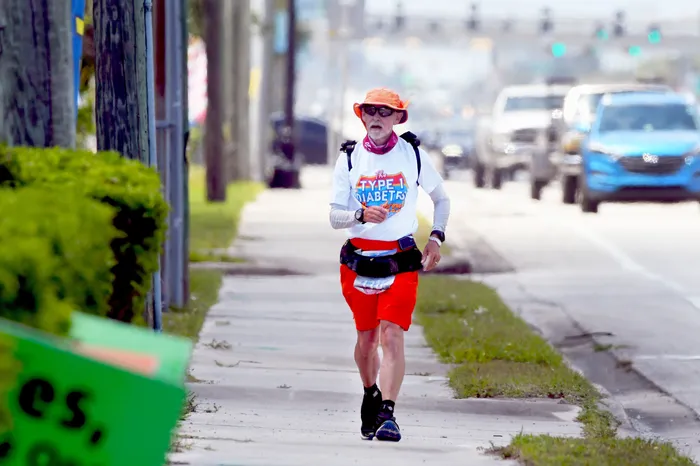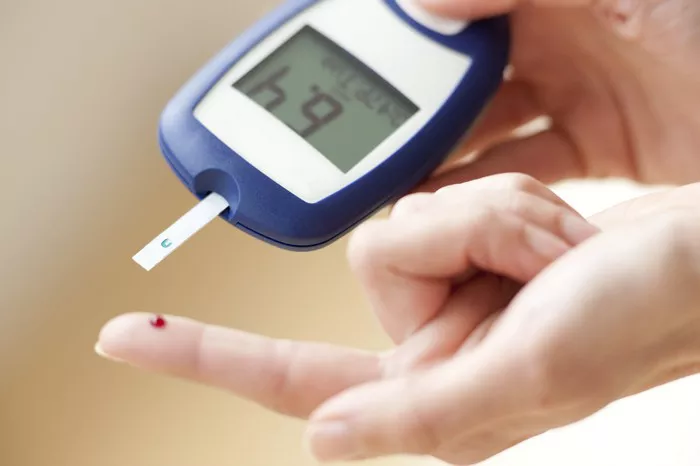Hypoglycemia, often referred to as low blood sugar, is a critical concern in the management of diabetes. Defined as a blood glucose level below 70 mg/dL, hypoglycemia can lead to a range of symptoms, from mild discomfort to severe impairment and even death if left untreated. In diabetic individuals, managing blood sugar levels is a delicate balance that requires careful monitoring and prompt intervention when levels drop too low. In this article, we will explore the fastest and most effective treatment strategies for hypoglycemia, encompassing both immediate interventions and long-term management approaches.
Understanding Hypoglycemia
Before delving into treatment options, it is essential to understand the underlying causes and symptoms of hypoglycemia. In individuals with diabetes, hypoglycemia often occurs due to:
- Insulin Overdose or Miscalculation: Excessive insulin administration, whether through injections or medications, can lead to a rapid decrease in blood glucose levels.
- Delayed or Missed Meals: Skipping meals or eating insufficient carbohydrates can result in a drop in blood sugar levels.
- Increased Physical Activity: Intense exercise without adequate carbohydrate intake can deplete glucose stores and lead to hypoglycemia.
- Alcohol Consumption: Alcohol can interfere with the liver’s ability to release glucose, leading to hypoglycemia, especially when consumed on an empty stomach.
Common symptoms of hypoglycemia include sweating, shakiness, dizziness, confusion, irritability, hunger, and in severe cases, loss of consciousness or seizures. Prompt recognition of these symptoms is crucial for initiating timely treatment and preventing complications.
Fastest Treatment Strategies
When hypoglycemia occurs, prompt intervention is vital to raise blood sugar levels and alleviate symptoms. The following are the fastest treatment strategies for managing hypoglycemia:
- Glucose Tablets or Gel: Glucose tablets or gel are rapidly absorbed into the bloodstream, making them one of the quickest ways to raise blood sugar levels. These products typically contain a precise amount of glucose, allowing for accurate dosing. Individuals experiencing hypoglycemia should consume 15-20 grams of glucose, followed by rechecking their blood sugar levels after 15 minutes. If levels remain below 70 mg/dL, additional glucose may be necessary.
- Fast-Acting Carbohydrates: In addition to glucose tablets or gel, fast-acting carbohydrates such as fruit juice, regular soda, or hard candies can effectively raise blood sugar levels. These options are readily available and can be administered orally, making them convenient for managing hypoglycemia outside of medical settings.
- Glucagon Injection: Glucagon is a hormone that stimulates the liver to release stored glucose into the bloodstream, effectively raising blood sugar levels. In cases where the individual is unconscious or unable to consume oral carbohydrates, a glucagon injection administered by a caregiver or healthcare professional can rapidly reverse hypoglycemia. It is essential for individuals with diabetes to have a glucagon emergency kit on hand and for caregivers to be trained in its administration.
- Intravenous Dextrose: In severe cases of hypoglycemia where the individual is unconscious or unable to tolerate oral intake, intravenous administration of dextrose may be necessary. Healthcare professionals can quickly administer dextrose solution directly into the bloodstream, providing a rapid and reliable increase in blood sugar levels.
Long-Term Management Approaches
While fast-acting treatments are crucial for addressing acute episodes of hypoglycemia, long-term management strategies are essential for preventing recurrent episodes and minimizing the risk of complications. The following approaches can help individuals with diabetes maintain stable blood sugar levels:
- Regular Monitoring: Frequent blood glucose monitoring is key to identifying and addressing fluctuations in blood sugar levels promptly. Individuals with diabetes should monitor their blood sugar levels according to their healthcare provider’s recommendations, especially before meals, exercise, and bedtime.
- Balanced Diet: Consuming a balanced diet that includes carbohydrates, protein, and fat can help prevent hypoglycemia by providing a steady source of glucose to the body. Carbohydrate counting or meal planning with a registered dietitian can help individuals with diabetes optimize their dietary choices to support stable blood sugar levels.
- Medication Management: Proper medication management is essential for individuals with diabetes who require insulin or other glucose-lowering medications. Healthcare providers should regularly review medication regimens to ensure they are appropriate for the individual’s needs and adjust doses as necessary to minimize the risk of hypoglycemia.
- Hypoglycemia Awareness Training: Education and training on hypoglycemia recognition and management are essential for individuals with diabetes and their caregivers. Understanding the signs and symptoms of hypoglycemia, as well as appropriate treatment strategies, can empower individuals to take prompt action when needed and prevent complications.
- Continuous Glucose Monitoring (CGM): CGM devices continuously monitor glucose levels throughout the day and night, providing real-time data on blood sugar trends and alerting users to impending hypoglycemia. CGM can be particularly beneficial for individuals with a history of severe hypoglycemia or impaired hypoglycemia awareness.
- Individualized Care Plans: Each person with diabetes is unique, and their management plan should be tailored to their specific needs and circumstances. Healthcare providers should work collaboratively with individuals to develop personalized care plans that address their lifestyle, preferences, and goals while minimizing the risk of hypoglycemia.
Conclusion
Hypoglycemia is a serious and potentially life-threatening complication of diabetes that requires prompt recognition and intervention. While fast-acting treatments such as glucose tablets, fast-acting carbohydrates, glucagon, and intravenous dextrose are essential for addressing acute episodes of hypoglycemia, long-term management approaches focused on regular monitoring, balanced diet, medication management, hypoglycemia awareness training, continuous glucose monitoring, and individualized care plans are crucial for preventing recurrent episodes and minimizing the risk of complications. By employing a comprehensive approach to hypoglycemia management, individuals with diabetes can achieve optimal blood sugar control and improve their overall quality of life.
Related topics:
What Can I Eat Immediately To Lower My Blood Sugar?

























